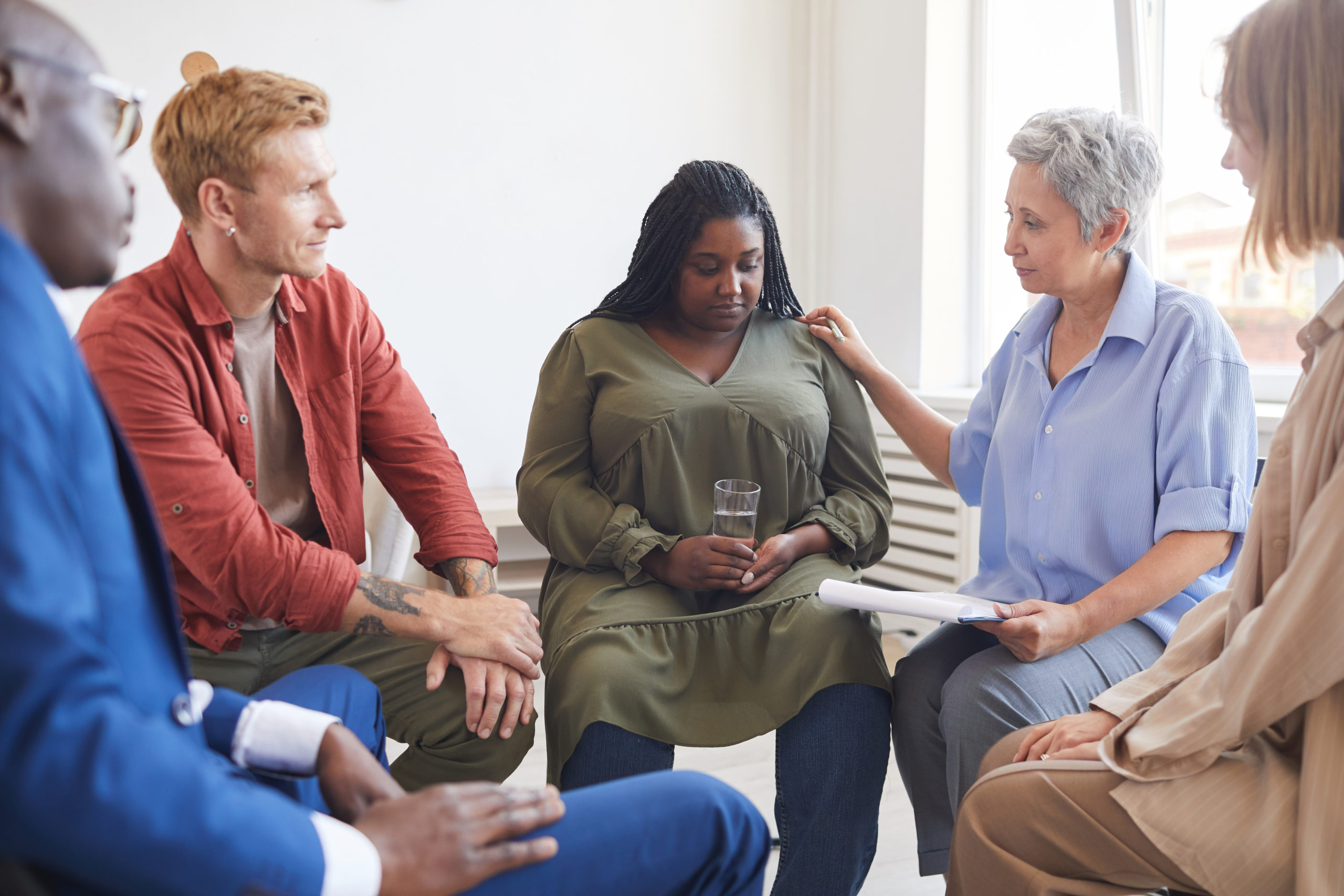
Eating disorders can be confusing, scary and isolating, and unfortunately are difficult to treat and recover from on one’s own. Hope is not lost, however, as many eating disorder treatment centers offer countless benefits, from a strong community offering support during challenging times to a lasting recovery as a result of holistic treatment plans.
1. A better understanding of the eating disorder itself
It’s true that many people who battle eating disorders don’t understand the ED in its entirety, meaning, they might be confused as to how or why it began; they may find it difficult to handle the symptoms in a healthy way, frequently slipping into disordered eating habits. They might experience fear of the disorder, rooted in the control the ED has over their life and their own inability to fully understand how or why.
A major benefit of treatment is not only the chance for clients to understand the eating disorder from a psychological point of view, such as understanding its roots, but also the chance to be taught how to look for and address the symptoms which previously controlled their behavior.
2. Addressing the psychological effects of an ED
Once a problem is understood, it is much easier to address. When clients learn that an ED is more than just about food, and is, in fact, a diagnosable mental health condition with psychological aspects, a shift happens in their way of thinking about the disorder. The client may switch from looking at the disorder as an eating habit and more as a mental health issue that needs to be addressed.
ED treatment helps to address the psychological side and helps clients treat their condition from the inside out. Taking care of the psychological aspect is beneficial in reducing the chances of relapse, promoting holistic healing behaviors and helping maintain recovery overall.
3. Treatment of possible co-occurring disorders
Depression, anxiety, bi-polar disorder and other mental health conditions can occur in conjunction with or as a result of an ED, leading to more than one diagnosis, commonly referred to as a co-occurring disorder. In order to fully benefit from recovery, both the eating disorder and the co-occurring mental condition need to be addressed and treated. A holistic eating disorder treatment program, such as those offered by Seeds of Hope, gives clients the personalized treatment plan they require to address and recover from not just the ED, but anything else robbing their minds of peace and freedom.
4. Learn healthy coping mechanisms
As a response to pain, stress or a lack of control (to name a few), humans tend to engage in unhealthy coping mechanisms in order to restore that sense of control or minimize the negative effects of stress or pain. Sometimes ED behaviors correlate directly to times of stress or upheaval in one’s life.
In order to minimize the tendency to tap into behaviors linked to an ED, eating disorder treatment helps clients create and identify healthy coping mechanisms. By identifying what these are and then actively choosing them over ED tendencies, clients learn to build resilience and strength against the temptations of the ED.
5. Embrace the truth that you are not alone
Battling an eating disorder can be an incredibly isolating experience. An ED thrives in secrecy, isolation and feelings of despair and hopelessness, and eating disorder treatment, if carried out in a proper facility, pulls back the veil on that lie and reminds individuals that no, they’re not alone in this journey.
Experiencing unity through group therapy and holistic sessions like nutrition and yoga help to foster a sense of community and the truth of “being in it together.” Whether through the bond with one’s therapist, other members undergoing treatment or reconnections with family and friends, eating disorder treatment helps to reinstate that desire for and appreciation of community.
6. The chance to learn and be inspired by others
As part of this community, clients learn from the experiences of others. It not only helps individuals to “feel less crazy,” for lack of a better phrase, but it supports them in the truth that others have undergone and recovered from what they’re currently undergoing. People learn from each other all the time, and it’s no different in ED treatment.
Clients, through conversation and community building in treatment, have the opportunity to be inspired by other witnesses of perseverance, driven by successes and failures, and encouraged through stories and shared experiences.
7. Developing a positive relationship with food
Eating disorders are more than just a disoriented relationship with food, but this still remains a crucial aspect of EDs that needs to be addressed in treatment in order to holistically treat the entire person. Through nutrition classes and meal practices, a positive relationship with food and a healthy understanding of its role as fuel for our bodies begins to form.
Seeking eating disorder treatment
Choosing to undergo eating disorder treatment can be difficult, but the decision to follow through with it can offer lasting benefits, both mentally and physically, and provide a life of freedom, peace and joy. If you or a loved one are considering treatment for ED, contact Seeds of Hope today at 610-644-6464.


